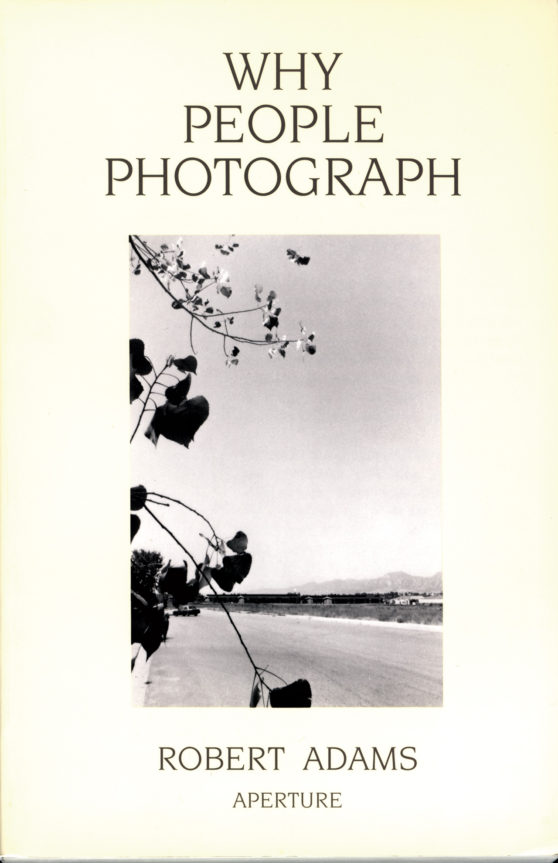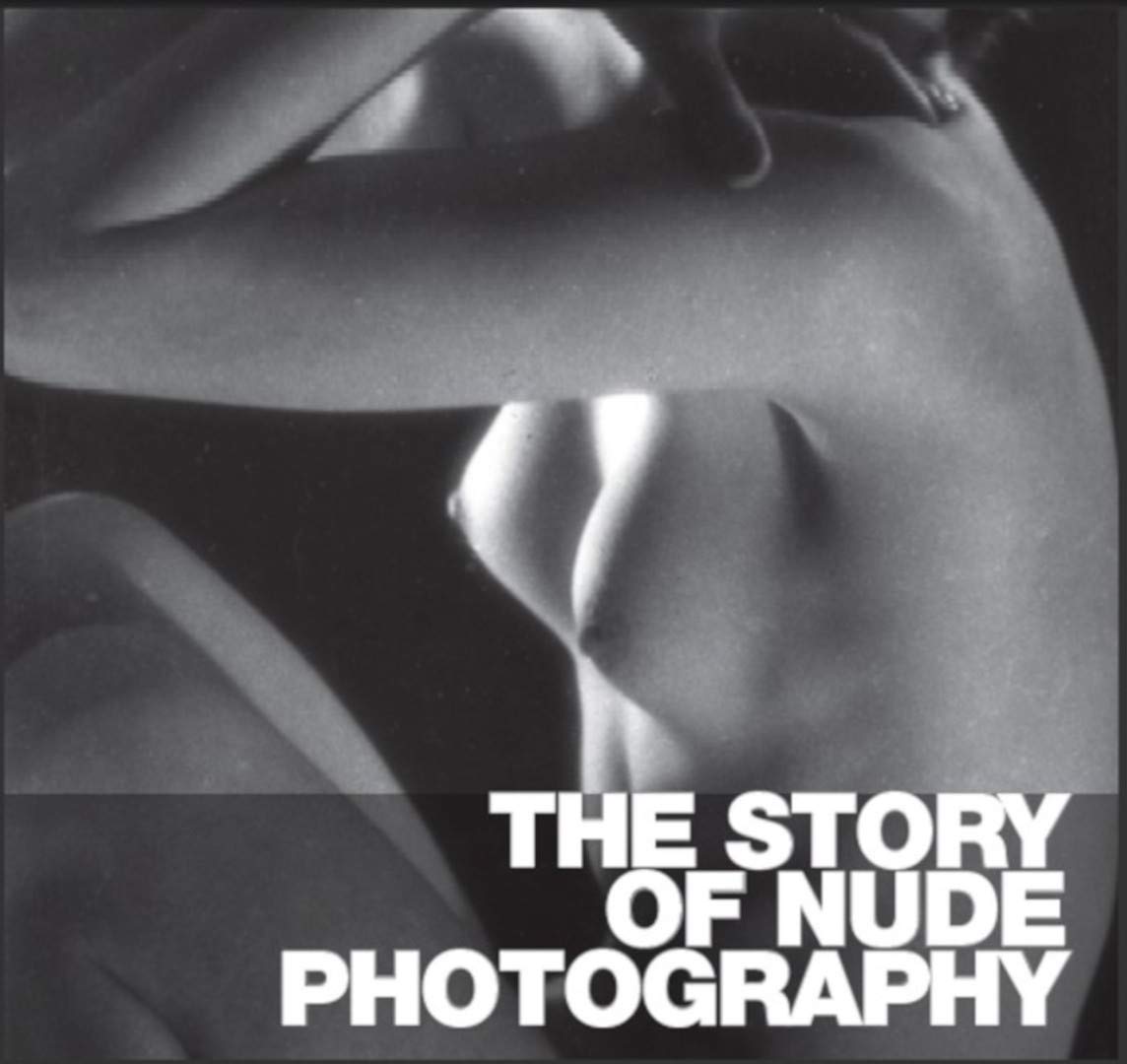Active / Informational Photography
An informational photograph is a visual record of a person, place or event. Although informational pictures lack depth and storytelling qualities, they can provide important information. Sometimes photojournalists are limited to taking informational pictures because of lack of access or position to make a better picture.
Passive photography
Photojournalists often have to take posed pictures of their subjects for their publications and websites. Although this may not be the photojournalists’ first choice, it may be the only alternative if the event or action is no longer taking place. Creative environmental portraits are a legitimate means of illustrating stories. It should be clear to the reader that the portraits are posed.
Editorial Photography
Editorial photography is taken to illustrate a story or article, typically for a magazine or newspaper. The subject of editorial photography can vary widely and is entirely dependent on the topic of the text it accompanies. Generally, for editorial photography, you’ll want to get shots that work for a variety of layouts, including horizontal and vertical compositions. When working in editorial photography, you are likely to work closely with writers and art directors, and demonstrating good communication skills and professionalism will help you succeed.
Photojournalism
Photojournalism is a way of telling the story of a newsworthy (perhaps even historic) event or scene through photographs. Photojournalism should be as objective and truthful as possible and capturing candid moments as they happen is more important than getting picture-perfect shots. Generally, photojournalists attend planned events with the hope of capturing unplanned, unscripted moments. Their work is routinely published in magazines and newspapers.
Link:
AFP
AP
Reuters
Zuma
World Press Photo
Magnum Photos
VII
VU
Noor
Street Photography

Street photography, a genre of photography that records everyday life in a public place. The very publicness of the setting enables the photographer to take candid pictures of strangers, often without their knowledge.
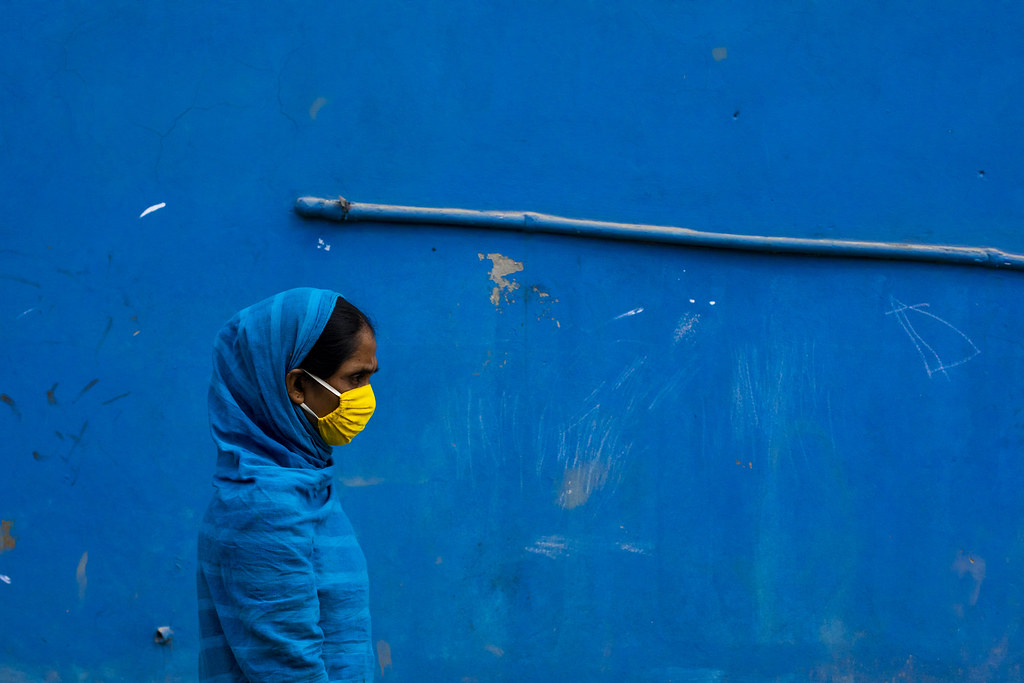
Famous Street Photographer
Henri Cartier-Bresson
Dorothea Lange
Lee Friedlander
Helen Levitt
Bruce Gilden
William Klein
Daidō Moriyama
Eugène Atget
Walker Evans
Elliott Erwitt
Brassaï – Gyula Halász
Robert Frank
Garry Winogrand
André Kertész
Fan Ho
Vivian Maier, USA
Robert Doisneau
Saul Leiter
Jill Freedman
Hasan Chandan, Bangladesh
Book
- David Gibson – The Street Photographer’s Manual
- Sophie Howarth and Stephen McLaren – Street Photography Now
- Colin Westerbeck and Joel Meyerowitz – Bystander: A History of Street Photography
- David Gibson – Street Photography: A History in 100 Iconic Images
- Gordon Lewis – Street Photography: The Art of Capturing the Candid Moment
- Daidō Moriyama – The World Through My Eyes
Video
- 10 Street Photography Tips – The Photography Show 2020
- 7 tips for black & white street photography with Alan Schaller
- An Introverted Street Photographer
- Legendary photographer Steve McCurry still gets shy approaching strangers on the street
- Magnum in Motion: Steve McCurry
Documentary

Famous Documentary Photographer
Steve McCurry, USA
GMB Akash, Bangladesh
Mohammad Rakibul Hasan, Bangladesh
Raghu Rai, India
Sebastião Salgado, Brasil
Portrait
One of the most common photography styles, portrait photography, or portraiture, aims to capture the personality and mood of an individual or group. Images may be candid or posed, full body or close-ups. Either way, the subject’s face and eyes are typically in focus. Lighting and backdrop help to convey tone and emotion. Popular types of photography portraits include senior portraits, family portraits, engagement photos, and professional headshots. The best portrait photographers make clients feel completely comfortable, so that their expressions are natural and relaxed.
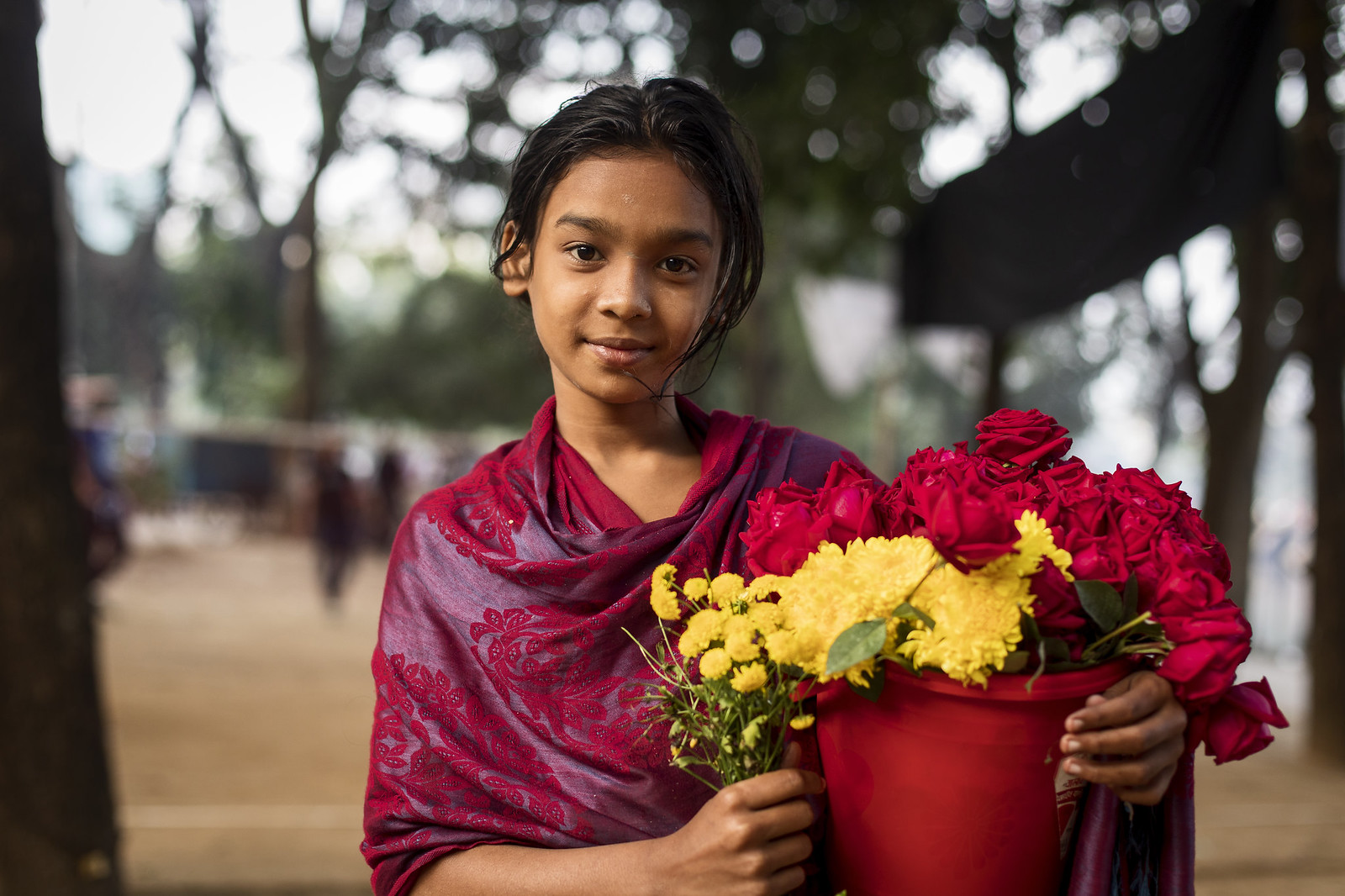
Famous Portrait Photographer
Richard Avedon
Annie Leibovitz
Helmut Newton
Martin Chambi
Daniel Mordzinski
Arnold Newman
Philippe Halsman
Diane Arbus
Jimmy Nelson
Lee Jeffries
Landscape Photography
Landscape photography is another way of saying scenic or environmental photography. It involves taking pictures of a natural scene – often large and grand, but sometimes smaller and more intimate – in a way that brings the viewer into a scene. Landscape photography is one of the most popular types today, spinning off several sub-genres such as storm photography, seascapes, and so on. With a broader definition, it also includes “urban landscape” photography and manmade scenes.
Landscape photography is a very accessible type of photography, but that doesn’t mean it is easy to master!
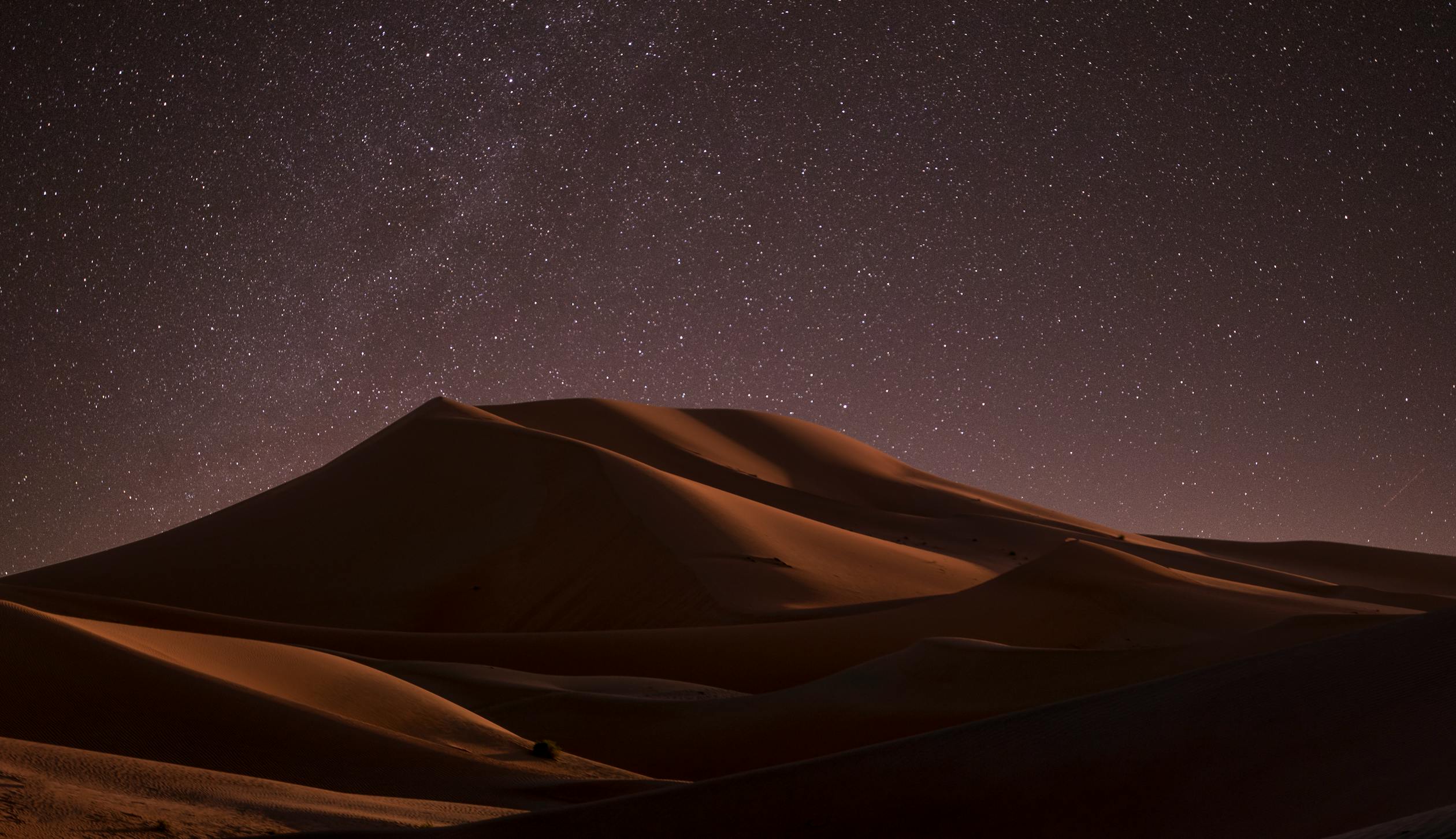
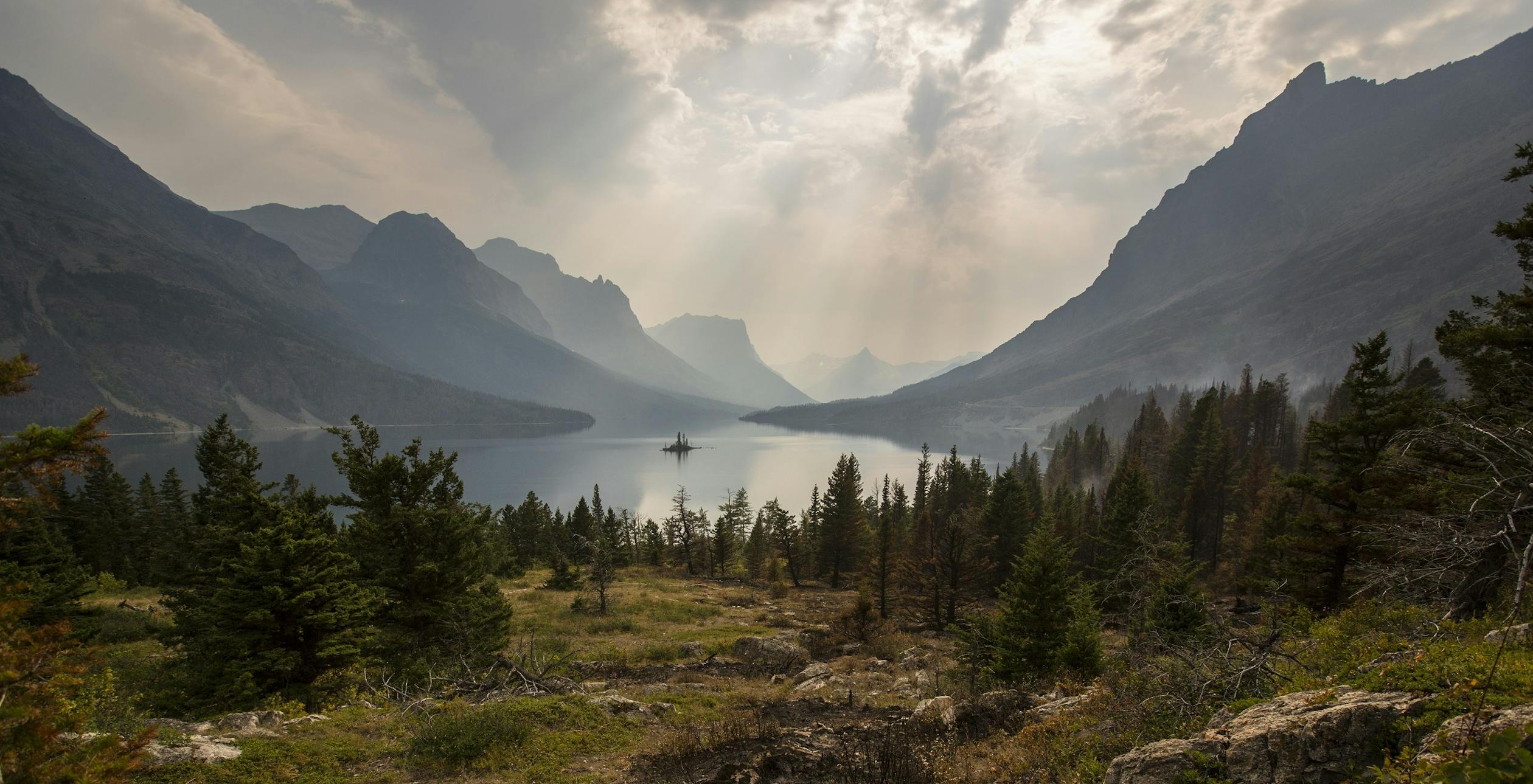
How to Take Great Landscape Photos
- Select a Mid-Range Aperture. (f8)
- Choose a Low ISO
- Use a Tripod
- Shoot During the Golden Hour
- Use ND & Polarizing Filter
- Use the Rule of Thirds
- Use of Leading Lines
- Change Your Point of View
- Research the Location
- Shoot in RAW format
- Use Wide Angle Lenses
Famous Landscape Photographer
- Ansel Adams
- Michael Kenna
- David Noton
- Carleton Watkins
- Elger Esser
Gallery
Aerial Photography
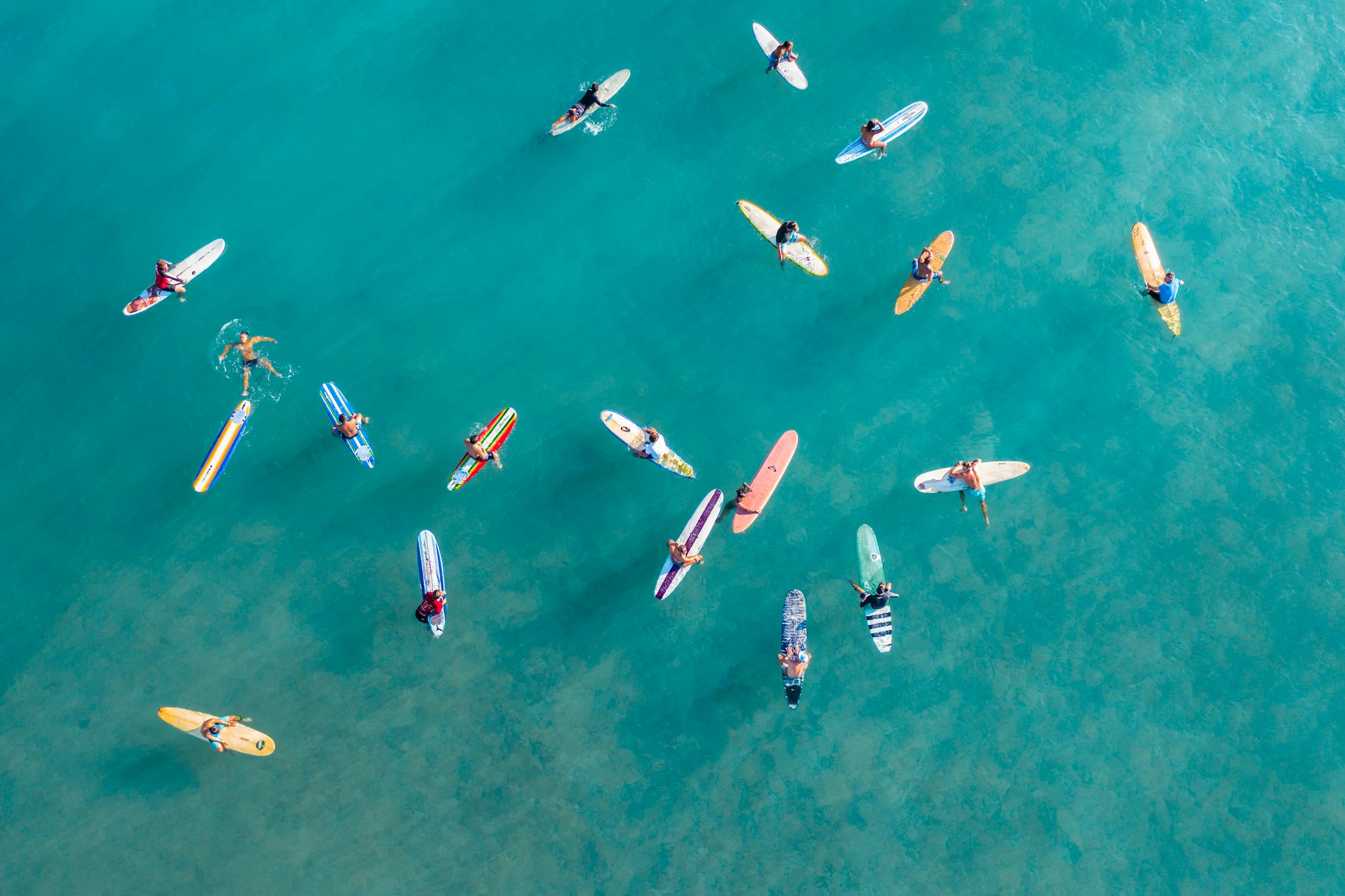
Nature Photography
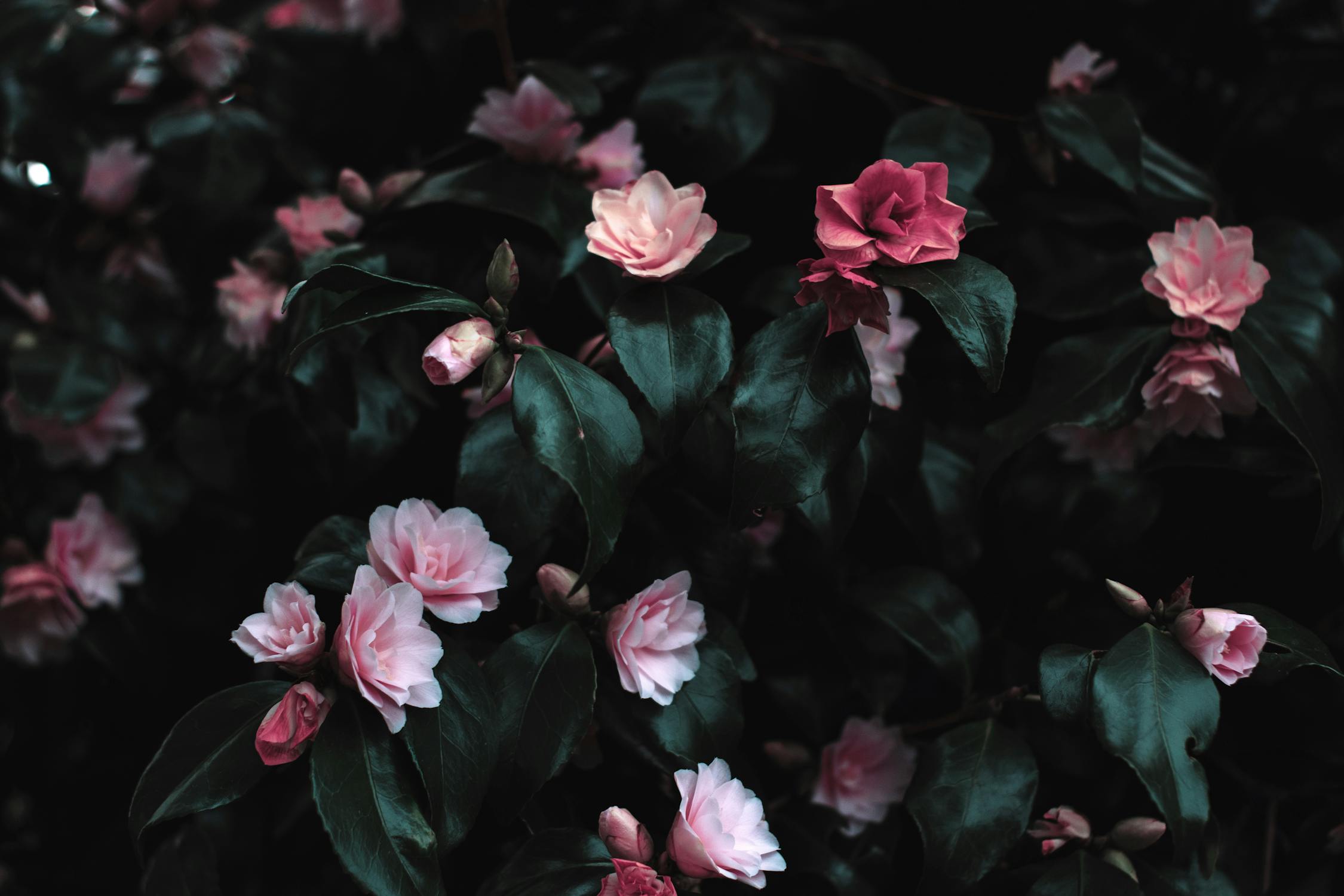
Macro
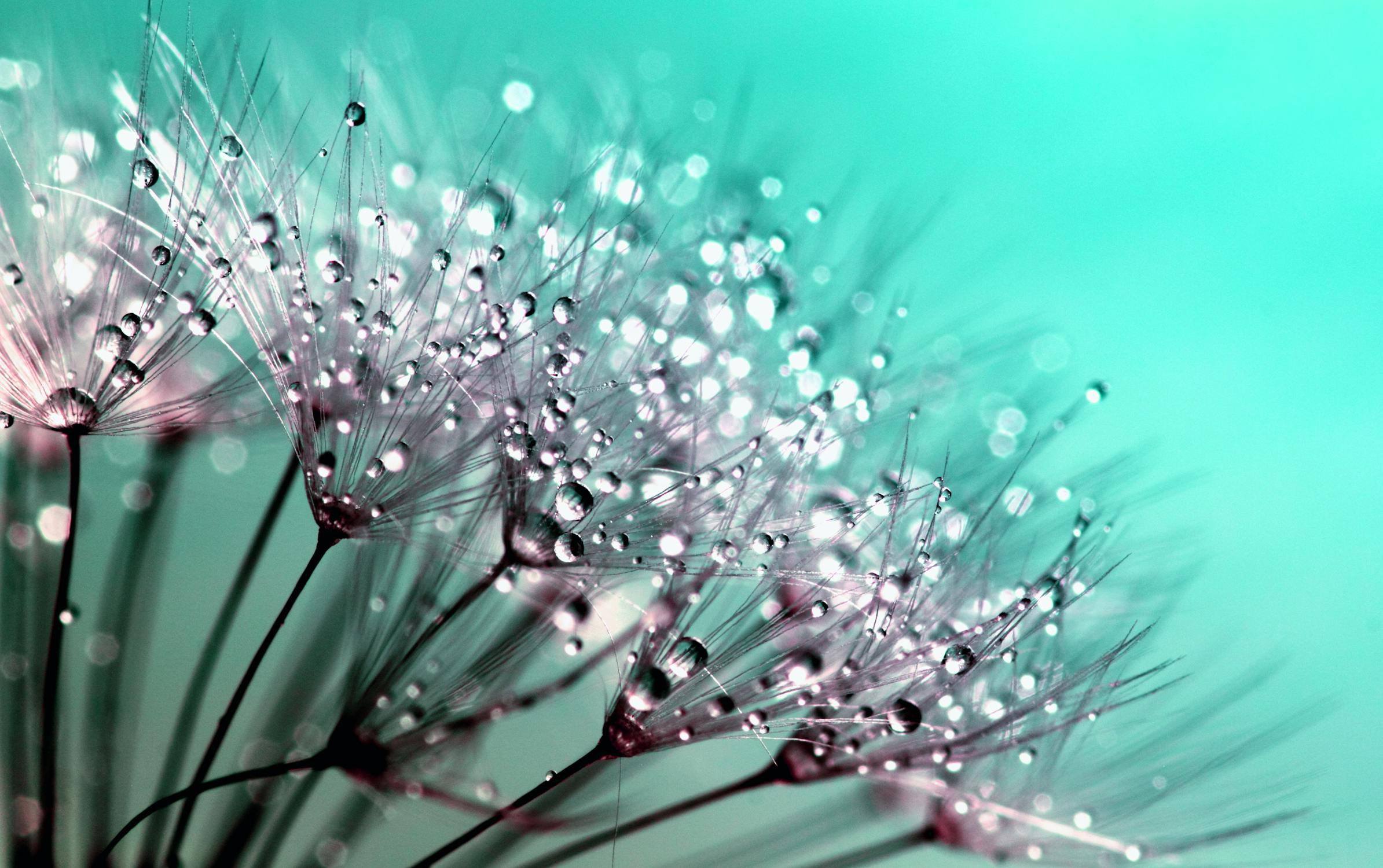
Famous Macro Photographer
- Shikhei Goh
- Adam Gor
- Javier Rupérez
- Andrey Savin
- Hans Thomassen
- Jamie Price
- Karla Thompson
- Alan Shapiro
- James Weiss
- Alexey Kljatov
Link
Video Tutorial
- Fstoppers – Mastering Macro Photography: The Complete Shooting and Editing Tutorial
- Thomas Heaton – I Thought Macro Photography Would be Easy
Gallery
- 50 Beautiful Examples of Macro Photography
- www.nationalgeographic.com
- The Glasgow artist inspired by what she finds in the fridge
- 70 Stunning Examples of Macro and Close-Up Photography

Wild Life

Deadpan Photography

Snapshot Aesthetic
Photographers and the “snapshot aesthetic”
War
Fine Art
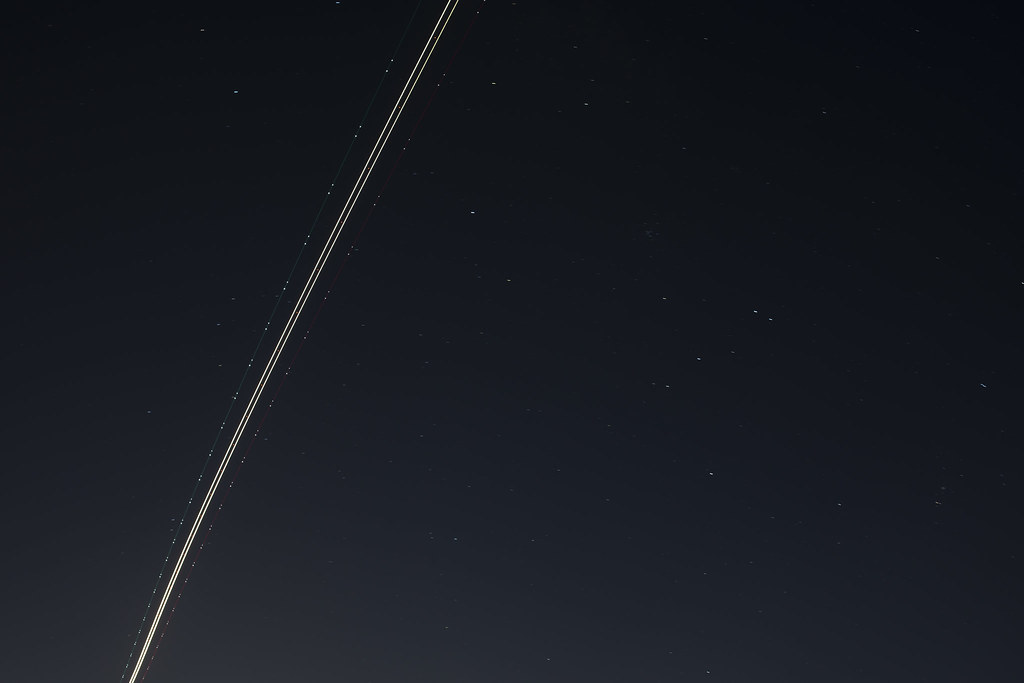
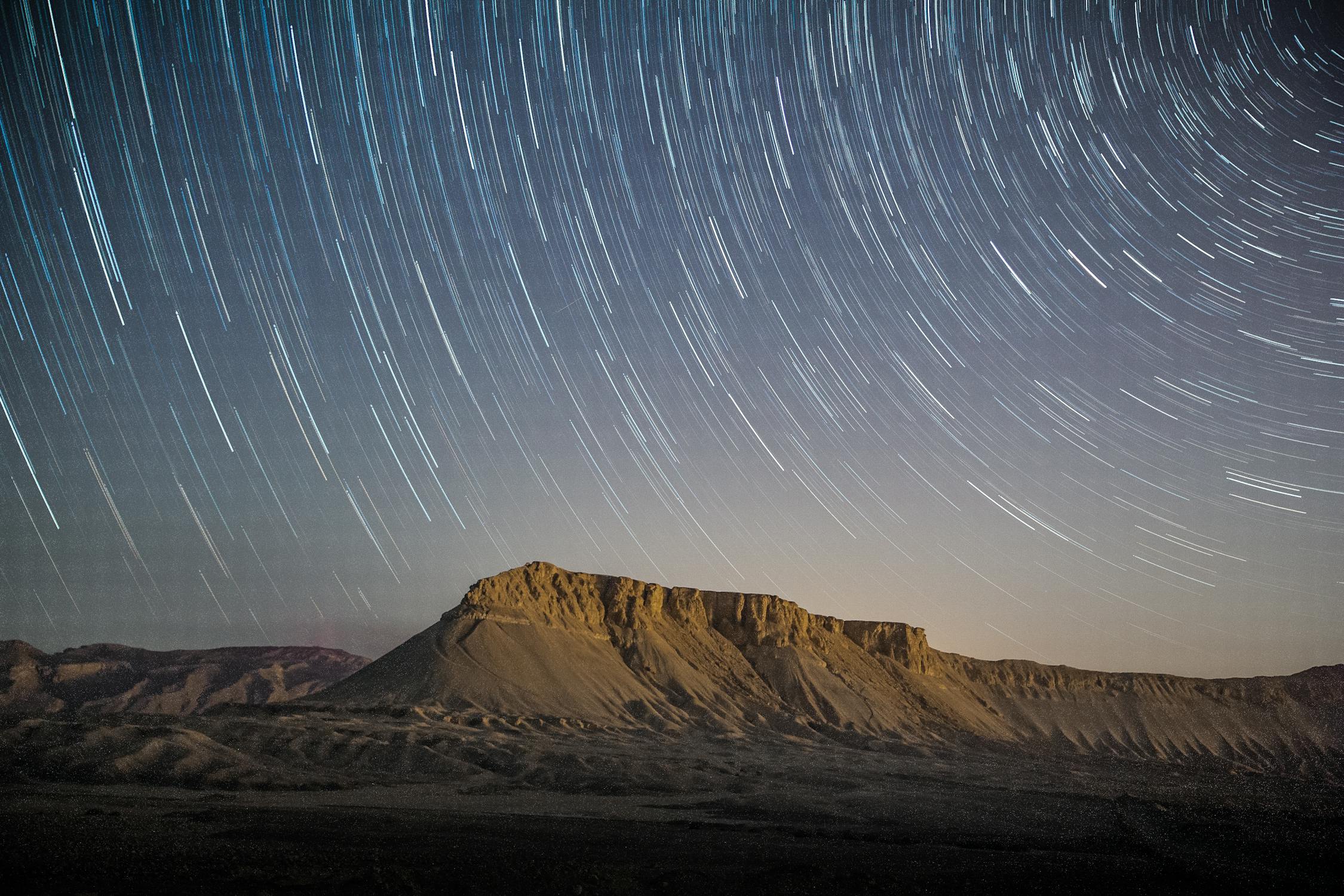
Commercial

Fashion
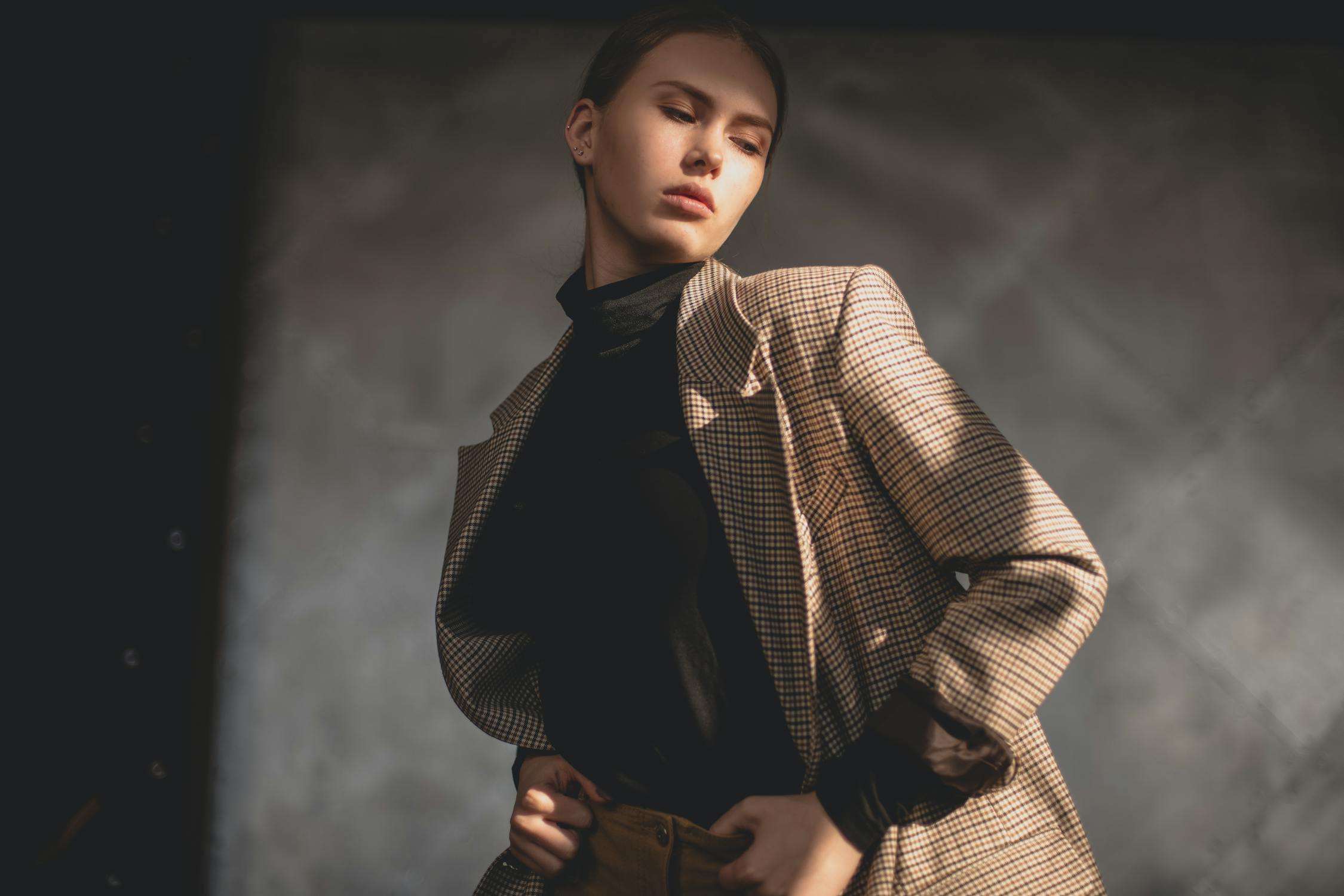
Nude


Frames from the Edge: Helmut Newton
Wedding Photography
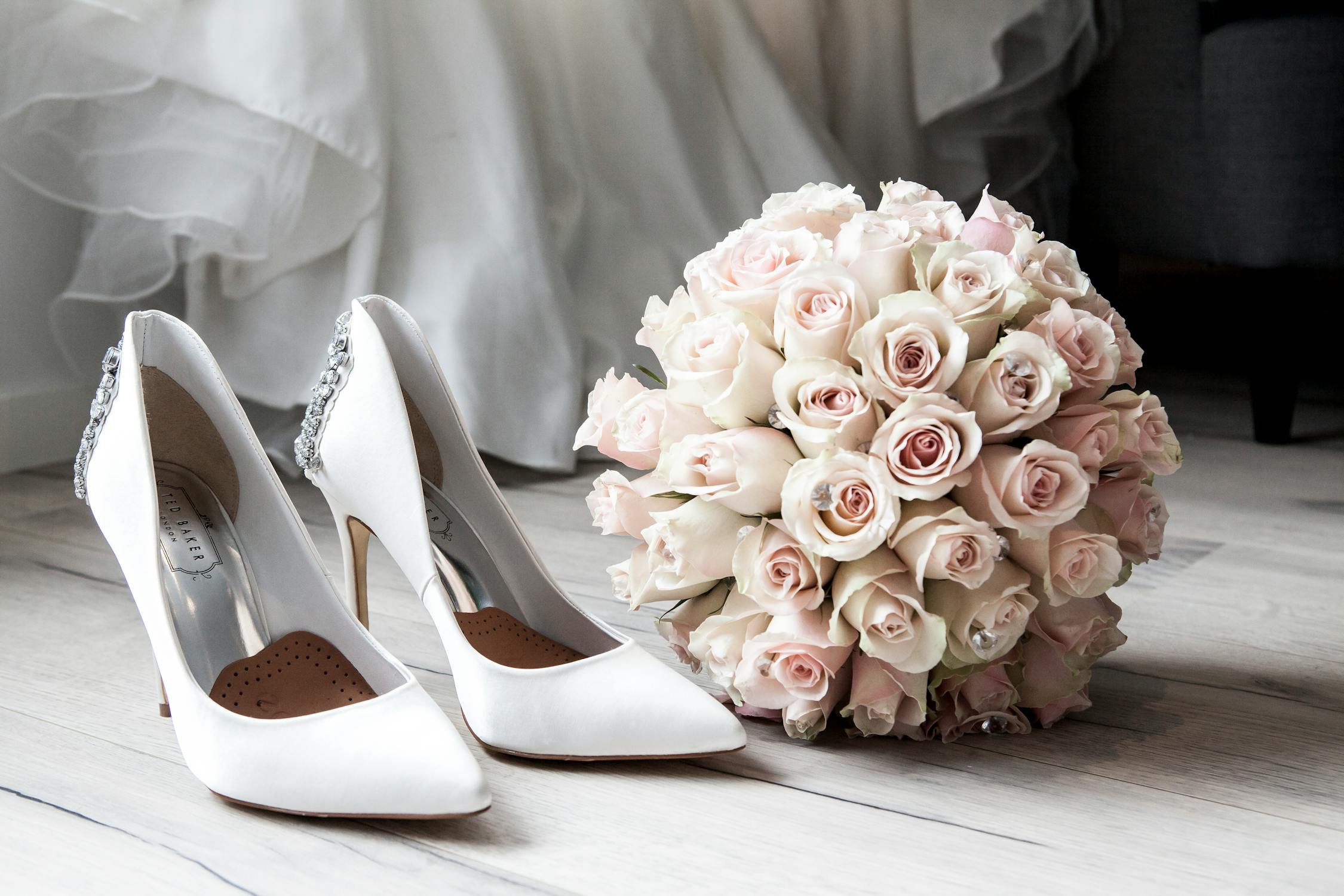
Famous Wedding Photographer
Sails Chong
David Beckstead
Aviation Photography

Chengdu F-7 BGI
Photo: Jubair Bin Iqbal
Food Photography
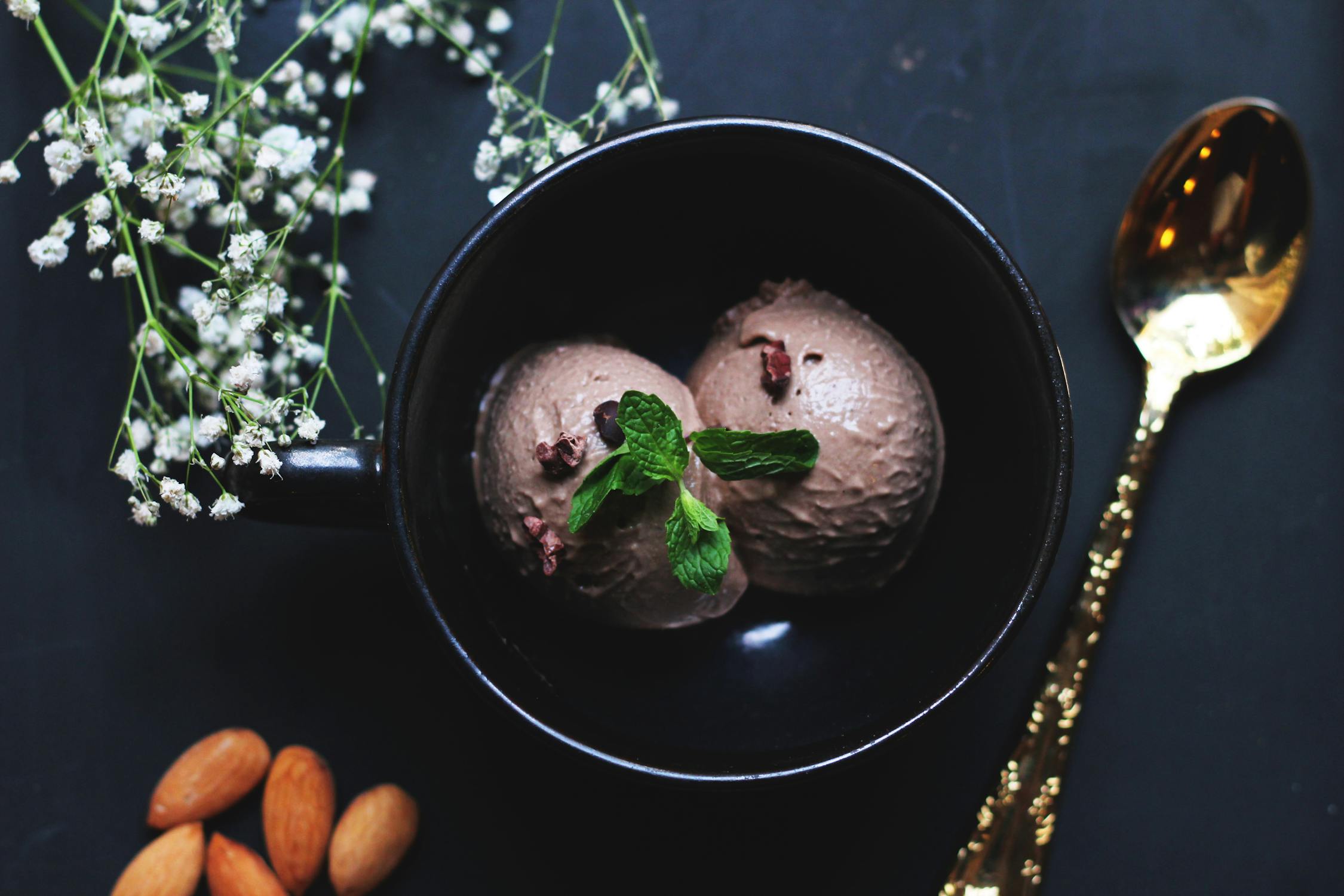
Low-angle Photo
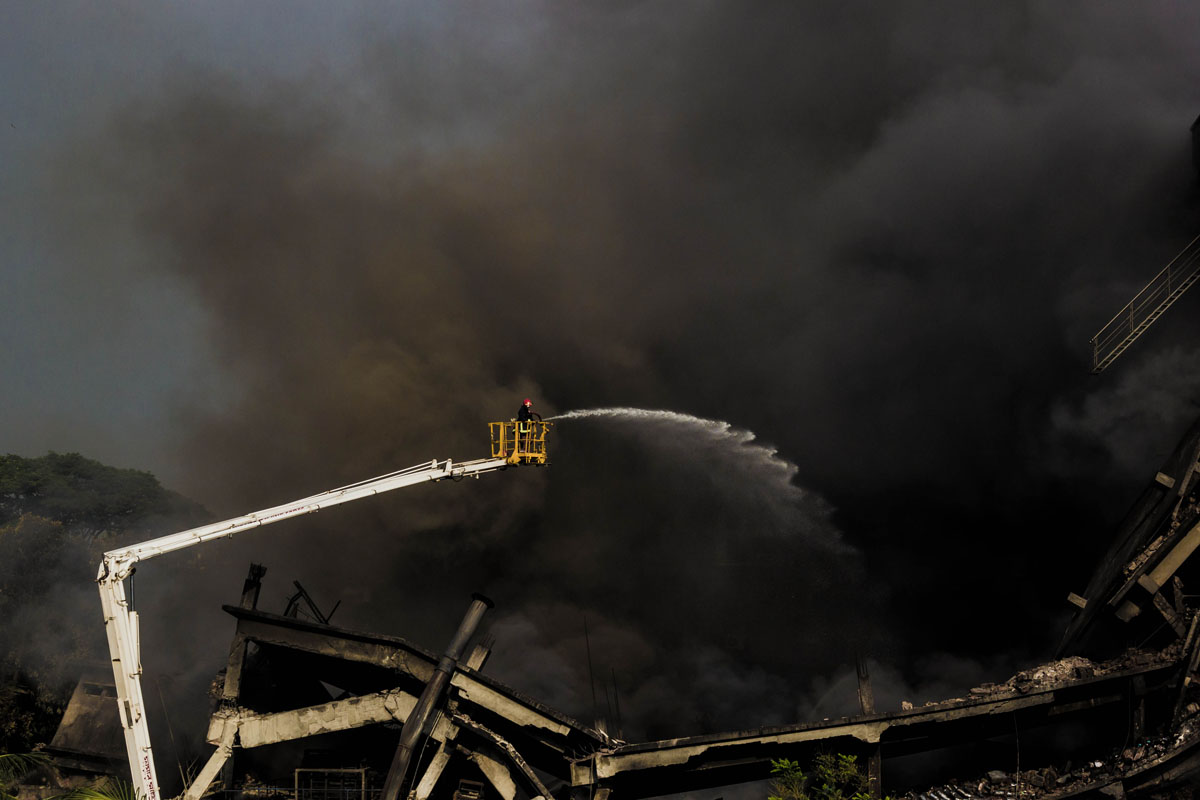
High-angle Photo
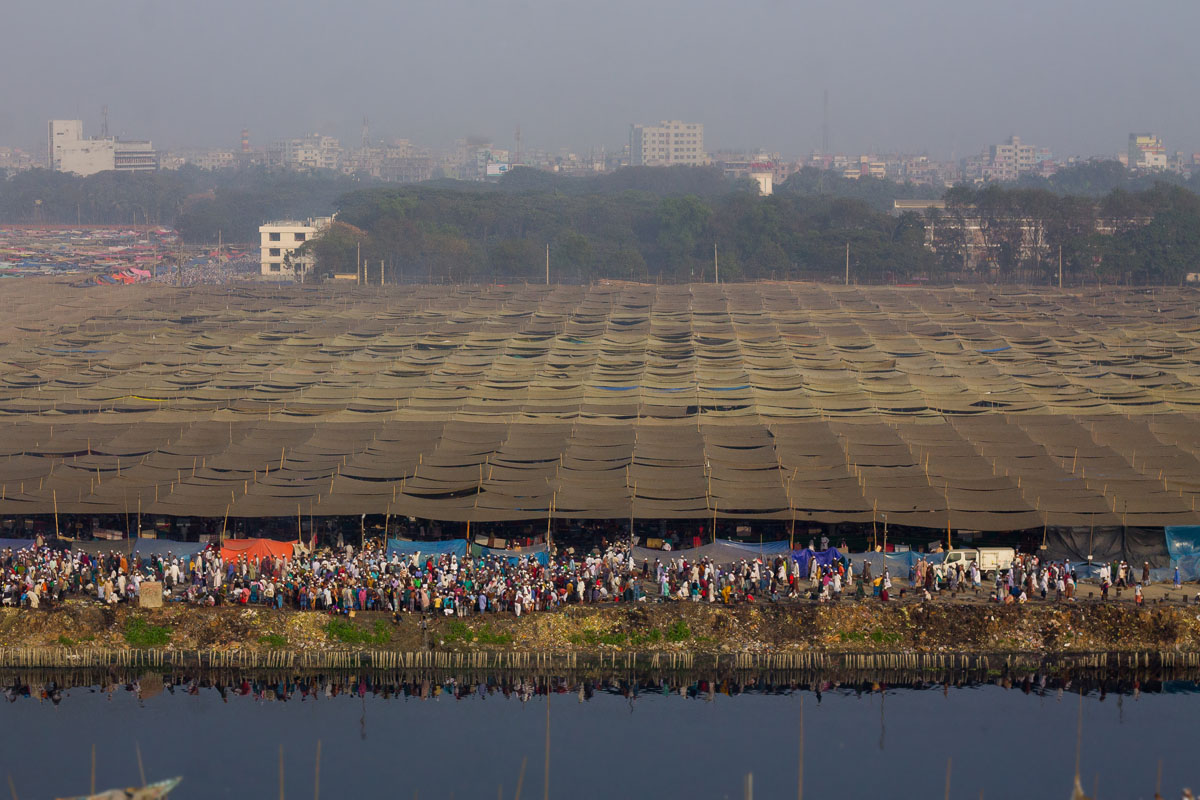
Eye level Photo
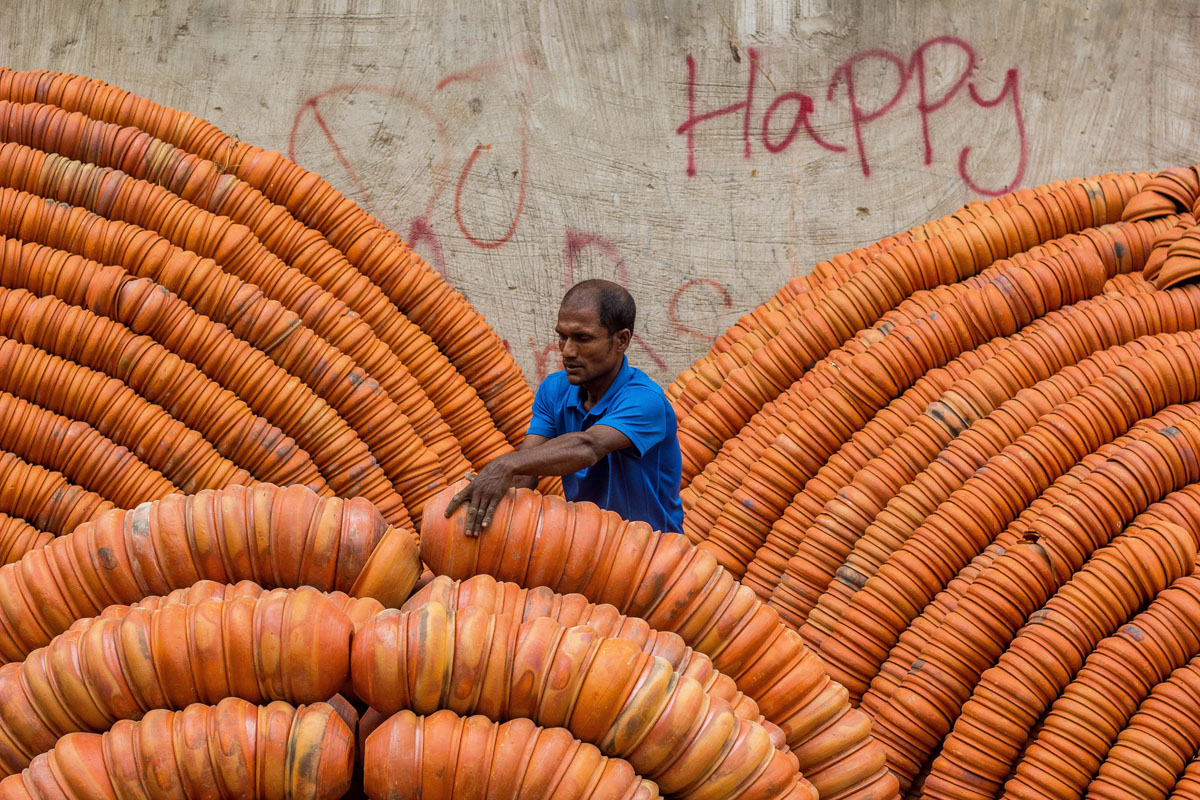
HDR
Digital Manipulation
